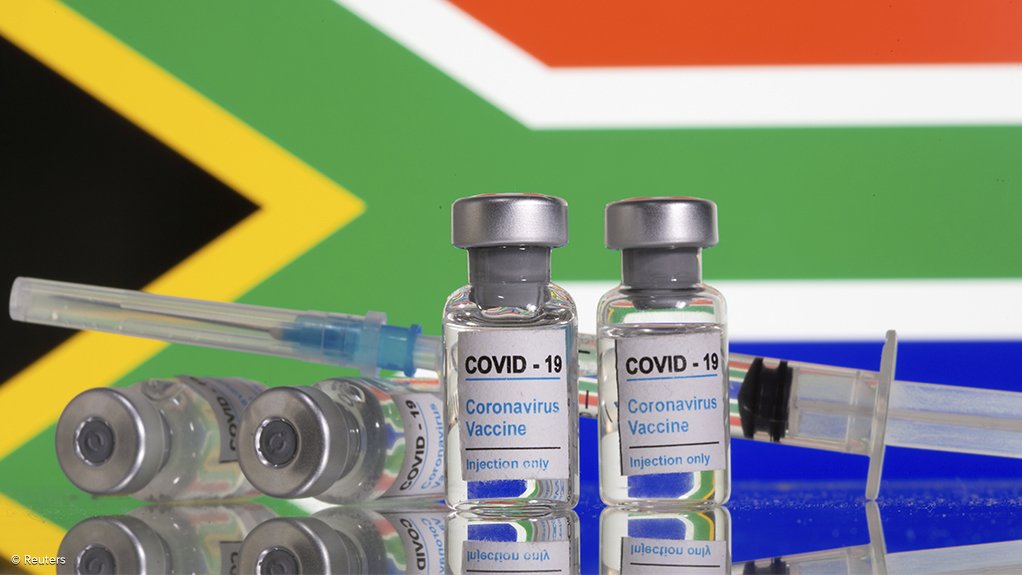A Covid-19 vaccine survey (CVACS) recently undertaken by the University of Cape Town (UCT) has found that a sample of unvaccinated South Africans believe that the Covid-19 vaccine is unnecessary, or not effective, entrenching vaccine hesitancy.
However, the study also revealed that Covid-19 mandates are working.
Two surveys were conducted between November 2021 and March 2022.
Led by Dr Brendan Maughan-Brown and Dr Katherine Eyal, the study found that attitudes towards vaccination are becoming entrenched, adding that the majority do not intend to get vaccinated.
When asked about their intentions to vaccinate, 36% said “definitely not” and 24% said “only if required". Only 18% in Survey 2 intend to get vaccinated “as soon as possible”.
“We observed a significant shift in intentions among the unvaccinated since CVACS Survey 1 (November - December 2021), when the majority said either ‘as soon as possible or ‘wait and see’. In Survey 2, when asked directly, only 29% thought they would be vaccinated by May 2022, which is significantly lower than future intentions stated in Survey 1,” said Maughan-Brown.
He noted that people with chronic conditions, who are considered high-risk, are not more likely to want to be vaccinated than those without chronic conditions.
Only 19% of respondents with a chronic illness intend to get vaccinated as soon as possible, and nearly 1 in 3 definitely do not intend to be vaccinated.
Eyal explained that access and incentives are still important for vaccination. Almost 60% said a closer vaccination site was one of the factors determining whether they would be getting vaccinated.
Nearly 50% said they would prefer to get vaccinated after work or on weekends.
Almost 1 in 3 said a shopping voucher incentive influenced their decision.
MANDATES
Covid-19 vaccine mandates had the greatest influence on decisions, with 1 in 5 people getting vaccinated because of employment-related mandates, and 1 in 10 getting vaccinated owing to other mandates.
Despite almost 1 in 2 respondents believing that mandates would work fairly or very well to increase vaccine coverage, Eyal noted strong opposition to mandates among the vaccine-hesitant.
“Opposition is driven mainly by the belief that it is an individual’s right to decide to get vaccinated or not, with about 5% of those in opposition citing that the President said that vaccination would not be mandated. A further 15% were opposed because they believed that the vaccine is not needed, the vaccine may harm people, or the vaccine is not effective,” she said.
EMAIL THIS ARTICLE SAVE THIS ARTICLE ARTICLE ENQUIRY
To subscribe email subscriptions@creamermedia.co.za or click here
To advertise email advertising@creamermedia.co.za or click here











